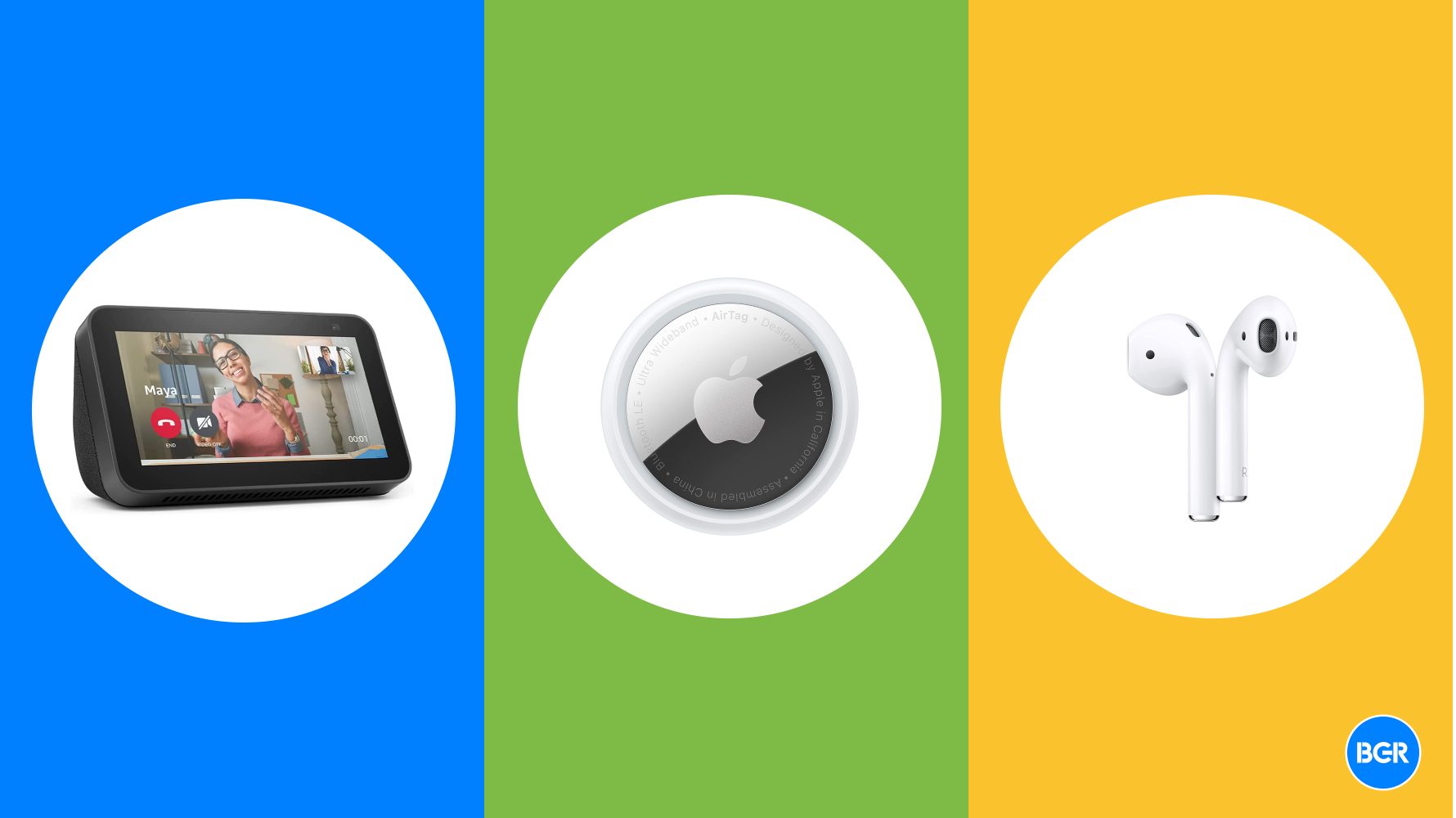Working remotely effectively
We are a fully remote company. Not only from the commercial perspective, as we work with clients all around the globe, but also from the operational perspective, as our team is also remotely distributed. Since the very beginning, almost a decade ago, when we were just 2 friends trying to start a company, we worked mostly remotely. With the exception that sometimes we met personally to discuss some things that are easier to discuss personally or just to not feel alone in the quest. When we started growing, we decided the rent an office and work on site. That way it was easier to help each other and teach the new devs our ways. But always with the premise that you could work from where you feel most comfortable (office or home). Without knowing, we were a remote-first company. Some people were indeed more comfortable staying at home and some people were more comfortable working from the office, and having the possibility of choosing what you wanted to do each day was precious. When the pandemic hit in 2020, the Argentine government decided to lock down the country for several months. We were 8 people at the time and even though most of us we came to the office every day we knew how everything worked remotely, so staying at home wasn’t a big deal. We kept the office for about a year but we haven’t been there more than three or four times since we went fully remote again. So, how do we work remotely effectively (not only from the commercial perspective but also from the operational perspective)? The answer is simple: communication. Regular communication with the rest of the team (either from our company or the client’s company) helps build trust and allows everyone to stay in the loop of what is happening. From a personal perspective, we encourage people to stay organized: find a dedicated workspace and take breaks. We know firsthand that working at home sometimes makes the distinction between home and work, and that causes people to stress out or work longer hours. And that means, in the long run, a productivity drop and exhaustion. Even though we were a remote-first company, we went fully remote in 2020. Since then we have grown from 8 people to 32 without compromising our quality, deliverability, culture, and prioritizing comfort.

We are a fully remote company. Not only from the commercial perspective, as we work with clients all around the globe, but also from the operational perspective, as our team is also remotely distributed.
Since the very beginning, almost a decade ago, when we were just 2 friends trying to start a company, we worked mostly remotely. With the exception that sometimes we met personally to discuss some things that are easier to discuss personally or just to not feel alone in the quest. When we started growing, we decided the rent an office and work on site. That way it was easier to help each other and teach the new devs our ways. But always with the premise that you could work from where you feel most comfortable (office or home).
Without knowing, we were a remote-first company. Some people were indeed more comfortable staying at home and some people were more comfortable working from the office, and having the possibility of choosing what you wanted to do each day was precious. When the pandemic hit in 2020, the Argentine government decided to lock down the country for several months. We were 8 people at the time and even though most of us we came to the office every day we knew how everything worked remotely, so staying at home wasn’t a big deal. We kept the office for about a year but we haven’t been there more than three or four times since we went fully remote again.
So, how do we work remotely effectively (not only from the commercial perspective but also from the operational perspective)? The answer is simple: communication. Regular communication with the rest of the team (either from our company or the client’s company) helps build trust and allows everyone to stay in the loop of what is happening. From a personal perspective, we encourage people to stay organized: find a dedicated workspace and take breaks. We know firsthand that working at home sometimes makes the distinction between home and work, and that causes people to stress out or work longer hours. And that means, in the long run, a productivity drop and exhaustion.
Even though we were a remote-first company, we went fully remote in 2020. Since then we have grown from 8 people to 32 without compromising our quality, deliverability, culture, and prioritizing comfort.
What's Your Reaction?



























